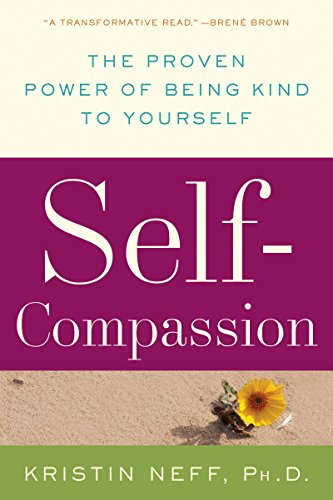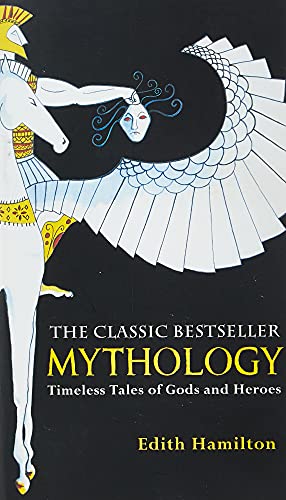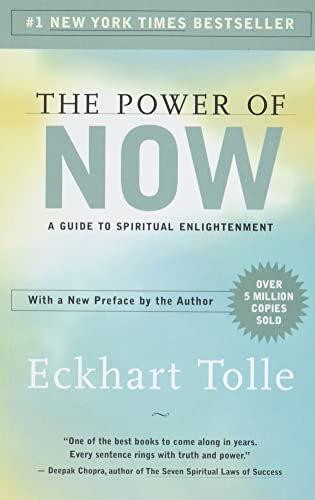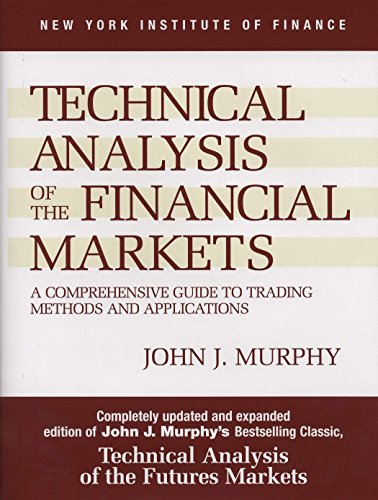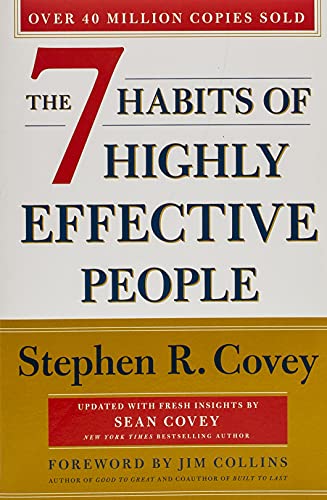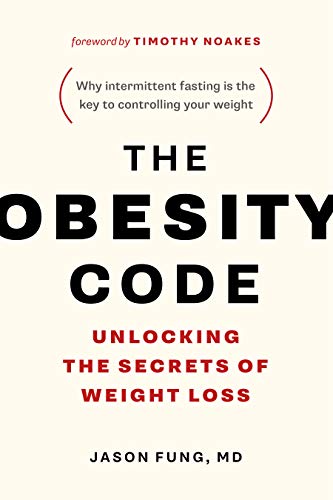18 Best Acting Books
Learning never stops. Even acting is an innate talent. But some people become successful in acquiring this talent by putting in some effort, taking acting classes, and doing hard work. Either you are a natural or a self-struggled artist, you need to sharpen your expertise. And in both cases, books helped a lot.
Everyone needs some guidance from the experts at some point in their lives, thanks to the thriving artists. They did not settle even after giving their best performances. They provided a thorough guide as an acting teacher for auditioning, acting strategies, and much more, leaving the assets for the progeny.
Here, we have listed the best books with useful tips, tactics, and strategies to help you become the greatest actor you have always wanted to be.
Top picks for the actors to use as guides when needed.
“Respect for Acting” by Uta Hagen is based on her life experience. It is also a fascinating and detailed book about acting with all the strategies and tactics you need to know to become a good and successful actor. This timeless guide has benefited thousands of performers, and its wisdom remains as applicable now as it was when it was written.
Hagen shared her struggles with method acting, along with her years of teaching expertise, to enlighten the areas in which artists may find trouble. Her directions and illustrations also help young actors with challenges like “How do I speak to the crowd?” and “How do I remain viable in the long term?”
Before starting your acting career even after having a good career, you cannot deny the importance and abundance of auditions in one’s life. This book is like a holy grail for actors, especially beginners. It explains all that you need to understand to acquire the role. He has provided the greatest suggestions in this book for acting situations and helped figure out characters being The casting director for Chicago, The Sound of Music, and a renowned Superstar.
His techniques can help you perfect your single audition time, from relations to discovering the compassion and comedy in the scenario. He is an expert in his field and exactly knows how to do and teach the job.
The actress Viola Spolin wrote this amazing book, which gives a complete turn to theater work and is a complete guide for modern acting and modern comedy. She created a set of acting practices and theatrical exercises, also referred to as “Theatrical Exercises,” to help actors unleash their imagination and play outside of the scenario, which, later, provided the foundation for contemporary acting. The influence of her work was not only restricted to acting, but these exercises also helped disciplines of training, mental health, social service, and psychotherapy.
Spolin taught us to quit striving and embrace living in the moment. Instead of concentrating on manipulating artistic thinking, she stressed the virtue of expanding arms and releasing free. Actors learned from her that cultivating a player’s psyche requires effort, but that the attempt is well worth it.
One of the finest of three acting manuals was published by Mr. Stanislavski, a Russian stage actor known for his theatrical work. This book talks about the in-depth acting philosophy developed, complete with exercises and procedures, named the “Stanislavski Method” to promote inventive and authentic acts. This practice is now widely known as “Method Acting,” which has educated every professional actor at some time in their lives.
There is hardly an actor left who has not acquired vital insights from “An Actor Prepares” masterpiece’s sessions of creativity, muscular relaxation, adaptation, reality, and emotional memory. This book teaches readers not only how to uncover their own sense of perspective, but also how to replicate it.
A compilation of 125 acting practices based on readings from Mr. Morris’ journals and conversations from his lectures assists performers in overcoming hurdles like anxiety and stress to attain a condition of ‘being.’ Many of the strategies presented herein highlight the actor’s strategies to escape the pitfalls of theme and persuasive acting by doing nothing more or less than what he feels. It does not matter if you are a newbie or a professional actor, “No Acting Please” is an essential gizmo for refining your expertise.
6. “Meisner On Acting” by Sanford Meisner
Meisner was the founder of the Meisner Technique and among the best acting teacher, history has ever seen. This book provides knowledge and practices as the audience joins a group of actors learning under Meisner. He pushes his pupils forward in these chapters, evoking feelings, amusement, grief, hardship, and self-development as they learn the skill.
For some readers, it is a contest between the Meisner method and Method Acting. But Meisner’s technique has conjured thriving actors like Tom Cruise, Tina Fey, and James Franco. This is a fun, inspiring, and educational book for any aspiring actor.
7. “Everything you always wanted to know about Acting” by West End producer
West End Producer is an anonymous Twitter star who has amassed a dedicated audience for his funny and precise jabs and admiring the theatrical profession. “Everything You Always Wanted To Know About Acting (But Were Afraid To Ask Dear)” provides an interesting inside perspective on how the entertainment industry operates.
The author’s expertise in the acting industry and suggestions imply that he may have experience in that field as he has in production, describing affecting and polished scenes which are mostly ignored in this book. A wide range of themes is discussed, with guidance and acting knowledge that is informative and alarming.
8. “Actions: The Actors Thesaurus” by Calderone and Loyd-Williams
This book is a thesaurus of active verbs that the artist may use to fine-tune the response until it’s just possible to bring the scene to life. They can’t use adjectives like ‘act.’ They need verbs like ‘accomplish,’ and ‘do.’ Active verbs are referred to as ‘actions.’
An actor must discover the precise proper action to match that specific occasion and that unique phrase in an attempt to do an act genuinely and thus impressively. Here is where the book comes into play. Dozens of verbs have been sorted alphabetically and grouped to make it easier to figure out what you’re doing in each step. This book will assist you in performing particular tasks rather than making broad decisions. For performers in training, this is a must-have item.
9. “The Art of Acting” by Stella Adler
Stella Adler was one of America’s top renowned acting teachers of the twentieth century. She shared her enormous acting experience with generations of performers, including Marlon Brando, Warren Beatty, and Robert De Niro, during her long and successful career in New York and Hollywood.
In this publication, editor Howard Kissel has reconstructed an acting curriculum in 22 classes using audio, transcriptions, notes, and other materials, producing one of the greatest books on acting approaches. Then, in the early 1990s, the famous voice came to an end.
10. “The Power of the Actor” by Ivana Chubbuck
Premier acting instructor, Los Angeles Times bestseller and one of the best acting teachers, Ivana Chubbuck explains the cutting-edge approach, which has spawned a lot of America’s most thriving acting careers. She has created a course that expands on the concepts of theatrical legends such as Stanislavski, Meisner, and Hagen by harnessing internal suffering and feelings as a means of achieving and winning a goal rather than as an end.
This book is packed with intriguing and inspirational backstage stories about how well-known actors have honed their art and succeeded in such a challenging and dynamic business. If you study this and adopt a few fragments of her approaches, you will be doing yourself a favor from an artist’s perspective.
11. “The Intent to Live” by Larry Moss
Moss invites you to avail yourself of the opportunity with him in the workshop and onstage through this book as he explains the strategies he’s evolved over the last thirty years to help performers put their feelings, creativity, and conduct on the blaze, demonstrating how hard effort pays off in unexpected, creative, and true acts. His professional acting lessons had a two-year waitlist at one stage, but he is now not teaching. Therefore, this is an excellent resource for learning the secrets and strategies.
He is a current expert of acting training, similar to Stanislavski and Meisner in their period, which makes his work even more important for today’s actors. He has taught hundreds of students, including Hillary Swank, Leonardo DiCaprio, and Justin Timberlake.
12. “A Practical Handbook for the Actor” by Melissa Bruder
With Pulitzer Prize-winning playwright David Mamet, actor W. H. Macy, and director Robert Previto, Melissa Bruder, Lee Michael Cohn, Madeleine Olnek, Nathaniel Pollack, Robert Previto, Scott Zigler, and director Gregory Mosher have cooperated on these techniques of acting. “A Practical Handbook for the Actor” is for any artist who has ever been frustrated by acting lessons that lack direction and impartiality and could not give a reliable set of techniques.
This elegantly written book provides a step-by-step introduction to the most comprehensive acting approach ever encountered. All aspiring actors should study it until they know every lesson taught in this book.
13. “Secrets of Screen Acting Paperback” by Patrick Tucker
This excellent book for aspiring actors illustrates the major distinctions between performing for the camera and acting on stage in a straightforward, simple, and informative way. He argues that rather than beginning with what is genuine and attempting to convey it on camera, the performer should focus on the reality of the filming and then figure out how to make everything look authentic.
Based on a novel non-Method technique to acting, this book demonstrates what works: how an actor, a presenter, or anybody performing in front of the lens can provide exceptional film appearances.
14. “On the Technique of Acting” by Michael Chekhov
This book discusses the pacing, practice, and creative process describes fantasy’s function in acting, and suggests a range of acting assignments. It is the most authoritative and accurate version of a classic acting manual. The book has become a staple text for acting students in the 40 years since it was originally published.
It’s a simplified, substantially altered version of the famous director/actor’s manuscript and is the first and only publication to have the whole text of that magnificent document. Acting classes instructors have lauded Chekhov’s technique. It is the finest, most precise explanation of the ideas he introduced to his talented pupils.
15. “Freeing the Natural Voice” by Kristin Linklater
Based on a career of coaching voiceover work, Kristin has some extremely informative words to discuss originality, honesty, and communication that one will find useful whether he is an actor or public speaker. It was never about forcing your voice to do something; rather, this is about letting yourself convey the message from within. Kristen Linklater’s work offers techniques to liberate the voice – from restriction, anxieties, and behaviors that we have formed as a means of coping with emotional stress.
This book combines exercises created over the last thirty years that have survived the test of recurrence, dependably delivering effects when done carefully and with knowledge, emphasizing the use of imaginary circumstances and creativity in refining the skill of the speech.
16. “How to Stop Acting” by Harold Guskin
The technique he utilizes to help performers win jobs, improve them, and keep them going is described by “The Great Guskin,” who was an acting doctor. Actors, he claims, do not have the job of creating personalities but rather must always be receptive to their scripts, regardless of their preferences. From the theater, including Shakespeare through cinema and television, Guskin covers a wide range of performing settings.
He also gives good and unique advice on how to respond to the unique demands and perform challenging emotional moments. He offers a great deal of knowledge, but his main theme is to find what helps you quiver as an actor.
17. “And Then You Act” by Anne Bogart
This interesting and engaging book manages a theater, performing, and cooperative production team. The author Anne Bogart is a well-known artist of the American theatrical scene. Although it is not an acting guide, it will undoubtedly be valuable to actors.
Bogart’s work serves as a call to action. She encourages theatrical artists, actors, producers, playwrights, and developers to create meaningful work. “Context, Articulation, Intention, Attention, Magnetism, Attitude, Content, and Time” are the eight sections that each center around a different aspect of the artistic work on stage. These aspects, according to Bogart, can assist in making the art more intense if recognized and applied.
18. “Acting in Film: An Actor’s Take on Movie Making” by Michael Caine
With a career spanning over sixty years, Sir Michael Caine is a famous Hollywood actor and 2 Academy Award winners. ‘Zulu,’ and ‘Alfie,’ were two of his first significant leading roles, both of which he played in the 1960s. The guy shares the most well-held screenplay development knowledge of Creating a personality, tone, and gesture in collaboration with the directors.
If you’re a dedicated, focused actor looking for a few suggestions from an expert, this is the book for you. Consider reading this as a low-cost means of honing your acting skills.
FAQ’s
Why read our picks for you?
We have done all the homework so you people do not have to select the best acting books written that can benefit you in every acting stage. And even if you are not an actor and seek knowledge, these books are great opportunities.
What are the key elements of theater performance/ drama?
Plot, character, thinking, diction, spectacle, and song are the six key aspects of drama acting.
Which one is the best acting book above all?
Every actor described their experience in these books efficiently, but the most loved and followed book and acting techniques are “Meisner On Acting” by Sanford Meisner.
Why is there even a need to read books on acting?
Acting is a talent that can be acquired with hard work and practice, and there is no limit to learning. Even if you are a master at your work, there is still space to grow. There comes a time when experts need guidance too. In that case, reading topic-related books is a great source of knowledge, direction and always opens new paths for the reader.
Our Final Thoughts on Acting Books
That’s all there is to it! Acting can be mastered with the right training. Any of the following publications is a terrific point to begin for an actor who wants to achieve excellence. Excellence will be brought upon an actor once they have mastered their skills on screen and in auditions and grasped the power of the media.
Anyone who is a fan of the superstars or enjoys the occasional book reading should study the publications of their preferred artists. We are glad you found this list informative.
